The Arc provides residential services as well as educational and social day programs for people with intellectual and developmental disabilities.
Leaders of the state and local chapters of The Arc told News 12 their staffing and funding systems are “on the verge of imploding” and are urging action by state officials in this year’s state budget.
The Arc provides residential services as well as educational and social day programs for people with intellectual and developmental disabilities.
In a Zoom interview Monday, The Arc New York CEO Erik Geizer put a straightforward chart up to his camera.
“The red line going down represents the decrease relative to the minimum wage,” Geizer said, pointing to the line that showed wages of direct support professionals (DSPs) are not being paid enough to administer day programs for the Arc’s clients.
“Ten, 15 years ago, we were at twice the minimum wage for these positions,” Geizer said. “Today, we’re barely above minimum wage. It’s become a devalued profession.”
Geizer said his stepson recently began working at a fast-food restaurant, and his paychecks are similar to those of DSPs.
News 12 recently reported on the struggles of Joe Durante, 30, who lives with cerebral palsy and is craving social interaction with people other than his family and home health aide. Durante moved to Greenville with his family more than a year ago. He has been on a waiting list for day programs at The Arc of Greater Hudson Valley for the last year.
“We are in a bit of a crisis,” Regina McKenny-Snead, executive director of The Arc of Greater Hudson Valley, said in the Zoom interview. “The shortage is impacting our ability to have people come into program.”
McKenny-Snead said there are 85 people from Sullivan, Dutchess and Orange counties on the waiting list.
The Arc New York is seeking funding for 3.2% increase in salaries of DSPs in this year’s state budget that is currently being negotiated. Gov. Kathy Hochul proposed a 1.5% increase in her preliminary budget.
Leaders at The Arc said their advocacy and testimony before state lawmakers seems to have paid off in recent years especially under Gov. Hochul, but DSP salaries still barely pay more than minimum wage due to a decade of underinvestment prior to her taking office.
“We could significantly increase our starting wages by several dollars [per hour], which could be the tipping point and make things much better for our supports and services,” said Geizer. “It’s significant, but we’re not there yet. We still have some work to do.”
State Sen. Rob Rolison, who represents parts of Orange and Dutchess counties, has co-sponsored legislation to provide DSPs and other care professionals a $4,000 wage enhancement to increase recruitment and retention.
“This measure, along with the 3.2% [cost-of-living adjustments]increase strongly advocated for by Sen. Rolison, will ensure the safety, well-being, and dignity of all disabled New Yorkers by attracting a rising generation of caring professionals with a pay scale that reflects their essential service,” Rolison’s spokesperson wrote in an email to News 12.
Officials from the New York State Division of the Budget pointed out that the governor has proposed more for COLA increases than previous state officials.
“Governor Hochul deeply cares about rebuilding the workforce who directly assist our most vulnerable New Yorkers, as evidenced by our historic investments made in recent years,” Tim Ruffinen, press officer for the Division of the Budget said. “With the inclusion of a 1.5% COLA in the FY25 Executive Budget, more than $1.4 billion in COLA increases will have occurred over the past 3 years. As we look to solve a $4.3 billion budget gap, the Governor looks forward to working with the Legislature on a budget that serves the needs of all New Yorkers.”
Recent cost of living increases for DSPs includes 8.5% in 2023 and 5.4% in 2022.
